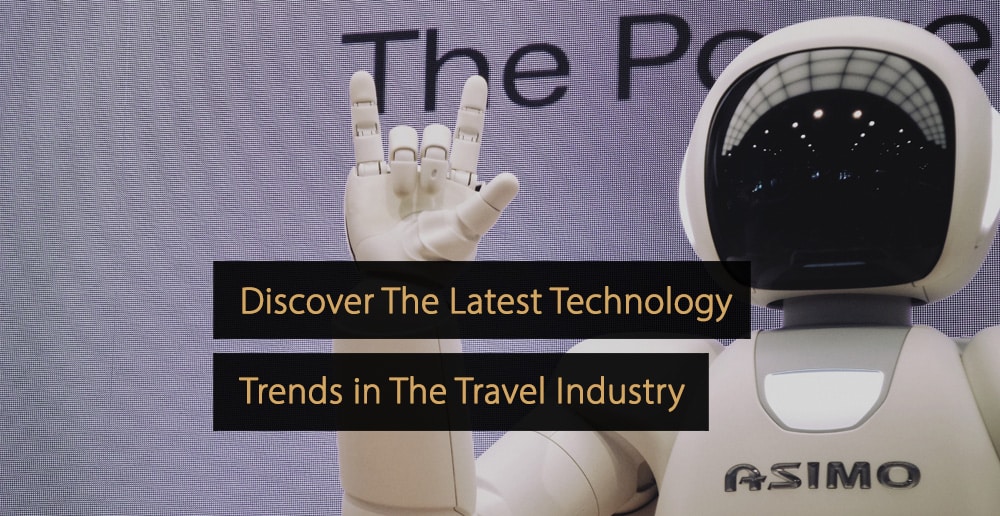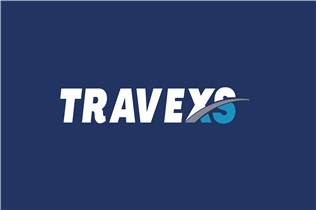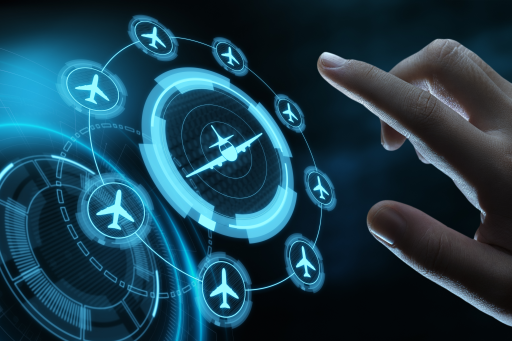What is a Non-Fungible Token (NFT)?
A non-fungible token, or NFT, is the name given to a digital representation of a physical asset. The technology relies on cryptography and blockchain technology, providing each NFT with its own unique metadata. This means that no two NFTs are the same, so digital files can be sold as a completely unique items that cannot be duplicated.
While cryptocurrencies like Bitcoin make use of similar blockchain technology, these cryptocurrencies are fungible, or mutually interchangeable. This means that, for example, one Bitcoin can be traded for another Bitcoin. With NFTs, however, these are non-fungible, meaning they cannot be traded at equivalency in this way.
With NFTs, because they are non-fungible, one NFT cannot be copied or turned into several NFTs, as with most digital files. It is this uniqueness that provides value. NFTs can be used to transfer ownership of everything from original digital artwork, to photographs, video content, or audio, and this allows businesses to explore NFT hospitality options.
NFT Hospitality Offerings and the Metaverse
The metaverse is the term used to describe virtual worlds, or digital spaces, which provide options for social interactions, often using technology like blockchain, virtual reality, and digital metaverse avatars. NFTs and NFT hospitality offerings can also have value in metaverse spaces, with examples including in-game items, and virtual real estate.
You can read the “Metaverse Opportunities for the Hospitality Industry” article to find out more about what the metaverse is, how it works, what technology is involved, and how it can relate to the hospitality industry.
Video: NYC’s first NFT restaurant is ‘first use case of a utility-based project’: FlyFish Club CEO
Travel technology can help businesses to streamline their processes, or even automate processes that would traditionally require active human involvement. This can then potentially help a business to reduce staffing requirements, cut costs and increase the amount of income they generate, leading to improved financial results.
In addition, technology can assist businesses through improved accuracy and convenience, while simultaneously helping to reduce or eliminate human error. It is, however, essential to always keep up with the latest tourism technology trends, so that the best solutions are being used and so that other businesses do not gain a competitive







